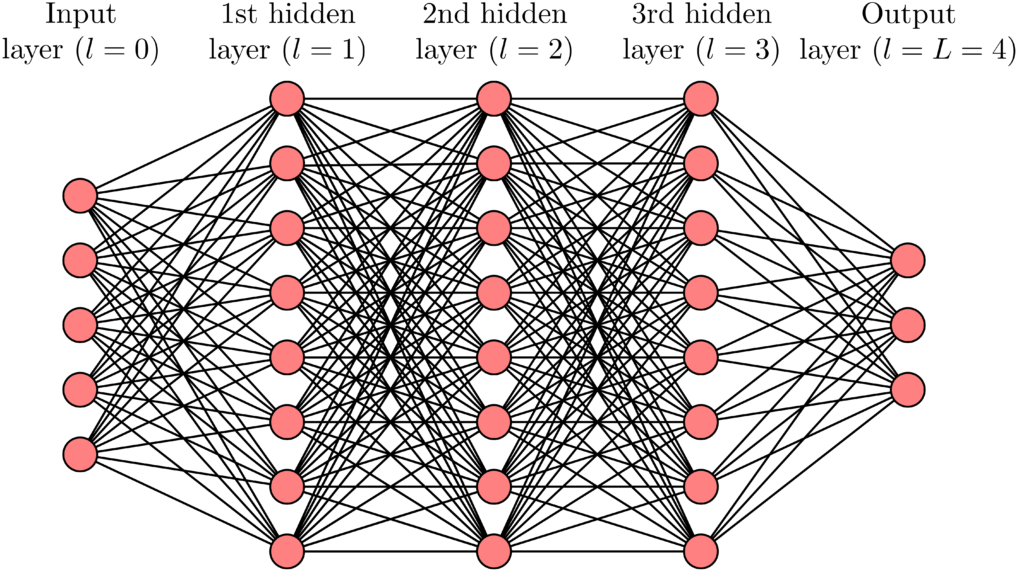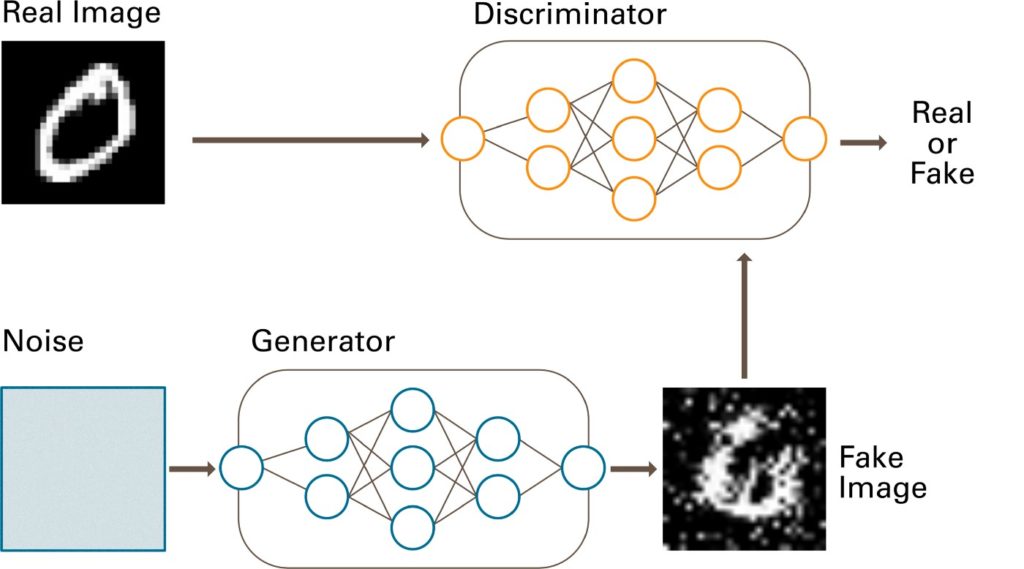Abstract
The stakes of this lecture are as follows: Can an ordinary person having a high school education and genuine interest understand the basic principles of Artificial Intelligence in just an one-hour lecture? If so, there is hope that she/he can comprehend the current AI Science advances and become an informed citizen that can form her/his opinion about the AI impact in her/his profession (whether they are a taxi driver, artist, manager, or anything else) and even at more broad level. If not, people have to rely on various AI “gurus” and try to sense where AI Science and Engineering is heading. Even worse, they might become technophobic: history has shown that when a society relies on fear and prejudice, it is inevitably doomed (as seen in the Middle Ages and more recently in fascist regimes).
I have already conducted such a feasibility study with a similar lecture delivered to High School students in Greece. The results were very encouraging. The fundamental concepts of Artificial Intelligence are fortunately simple and require minimal (appropriately used) Mathematics to comprehend them. In this lecture, the audience can consist of ordinary citizens with diverse interests, goals, and educational levels, without any prior knowledge of Mathematics/Computer Science. I hope I can help them understand the basic concepts of Artificial Intelligence. If this experiment is successful, then each of them can form a personal opinion on deeper questions concerning the relationship between humans and machines and the social prospects and impact of Artificial Intelligence.
Περίληψη
Το διακύβευμα αυτής της διάλεξης είναι το εξής: Μπορεί ένας απλός άνθρωπος με Γυμνασιακές γνώσεις και ειλικρινές ενδιαφέρον να καταλάβει ποιες είναι οι βασικές αρχές της Τεχνητής Νοημοσύνης σε μία μόνο διάλεξη μιας ώρας; Αν ναι, έχουμε ελπίδα ότι μπορεί να κατανοήσει τις τρέχουσες επιστημονικές εξελίξεις και να γίνει ενεργός πολίτης με άποψη για το τι μέλει γενέσθαι και στο αντικείμενό του (είτε είναι ταξιτζής ή καλλιτέχνης ή μάνατζερ) και γενικότερα. Αν όχι, θα πρέπει να ακούει τους διάφορους ‘γκουρού΄ της Τεχνητής Νοημοσύνης και να προσπαθεί να οσφρισθεί προς τα που πάνε τα πράγματα. Ακόμη χειρότερα, μπορεί να γίνει τεχνοφοβικός: ξέρουμε ότι όταν η κοινωνία στηρίζεται στον φόβο και στην προκατάληψη, οδηγείται νομοτελειακά στην καταστροφή (το είδαμε στον Μεσαίωνα, αλλά και πολύ πιό πρόσφατα).
Ήδη έκανα το πείραμα αυτό με μιά διάλεξη σε μαθητές Γυμνασίου-Λυκείου και τα αποτελέσματα ήταν πολύ ενθαρρυντικά. Οι βασικές έννοιες της Τεχνητής Νοημοσύνης είναι ευτυχώς απλές και χρειάζονται ελάχιστα Μαθηματικά (κατάλληλα χρησιμοποιημένα) για την κατανόησή τους. Στην παρούσα διάλεξη, το κοινό μπορεί να είναι απλοί πολίτες με ποικίλα ενδιαφέροντα, στόχους και μορφωτικό επίπεδο, χωρίς καθόλου γνώσεις Μαθηματικών/Πληροφορικής. Θα μπορέσω να τους βοηθήσω να καταλάβουν τις βασικές έννοιες της Τεχνητής Νοημοσύνης; Αν ναι (ελπίζω), τότε θα μπορέσει η/ο καθεμία/καθένας τους να σχηματίσει προσωπική άποψη και για άλλα βαθύτερα ερωτήματα της σχέσης ανθρώπου-μηχανών και των προοπτικών της Τεχνητής Νοημοσύνης.

Figure 1: Face detection.

Figure 2: Multilayer Artificial Neural Network.

Figure 3: Generative Adversarial network.
English Presentation
What-is-AI-v1.1Greek Presentation
What-is-AI-gr-v1.2-1Bibliography
[1] I. Pitas, “Artificial Intelligence Science and Society Part A: Introduction to AI Science and Information Technology“, Amazon/Kindle Direct Publishing, 2022,
https://www.amazon.com/dp/9609156460?ref_=pe_3052080_397514860
[2] I. Pitas, “Artificial Intelligence Science and Society Part B: AI Science, Mind and Humans“, Amazon/Kindle Direct Publishing, 2022,
https://www.amazon.com/dp/9609156479?ref_=pe_3052080_397514860
[3] I. Pitas, “Artificial Intelligence Science and Society Part C: AI Science and Society”, Amazon/Kindle Direct Publishing, 2022,
https://www.amazon.com/dp/9609156487?ref_=pe_3052080_397514860
[4] I. Pitas, “Artificial Intelligence Science and Society Part D: AI Science and the Environment“, Amazon/Kindle Direct Publishing, 2022,
https://www.amazon.com/dp/9609156495?ref_=pe_3052080_397514860
Lecturer short CV
 Prof. Ioannis Pitas (IEEE fellow, IEEE Distinguished Lecturer, EURASIP fellow) received the Diploma and PhD degree in Electrical Engineering, both from the Aristotle University of Thessaloniki (AUTH), Greece. Since 1994, he has been a Professor at the Department of Informatics of AUTH and Director of the Artificial Intelligence and Information Analysis (AIIA) lab. He is chair of the International AI Doctoral Academy (AIDA) https://www.i-aida.org/. He served as a Visiting Professor at several Universities.
Prof. Ioannis Pitas (IEEE fellow, IEEE Distinguished Lecturer, EURASIP fellow) received the Diploma and PhD degree in Electrical Engineering, both from the Aristotle University of Thessaloniki (AUTH), Greece. Since 1994, he has been a Professor at the Department of Informatics of AUTH and Director of the Artificial Intelligence and Information Analysis (AIIA) lab. He is chair of the International AI Doctoral Academy (AIDA) https://www.i-aida.org/. He served as a Visiting Professor at several Universities.
His current interests are in the areas of artificial intelligence, computer vision, machine learning, autonomous systems, intelligent digital media, image/video processing, and human-centred computing. He has published over 920 papers, contributed to 45 books in his areas of interest and edited or (co-)authored another 11 books. He has also been member of the program committee of many scientific conferences and workshops. In the past he served as Associate Editor or co-Editor of 13 international journals and General or Technical Chair of 5 international conferences. He delivered 98 keynote/invited speeches worldwide. He co-organized 33 conferences and participated in technical committees of 291 conferences. He participated in 75+ R&D projects, primarily funded by the European Union and is/was principal investigator in 47 such projects. He is the coordinator of the Horizon Europe R&D project TEMA, AUTH principal investigator in H2020 R&D projects Aerial Core, AI4Media (one of the 4 H2020 ICT48 AI flagship projects) and Horizon Europe R&D projects AI4Europe, SIMAR. He was chair and initiator of the IEEE Autonomous Systems Initiative https://ieeeasi.signalprocessingsociety.org/. Prof. Pitas led the big European H2020 R&D project MULTIDRONE: https://multidrone.eu/ He has 35200+ citations to his work and h-index 88+. According to https://research.com/ he is ranked first in Greece and 319 worldwide in the field of Computer Science (2022).
Email: pitas@csd.auth.gr
AIIA Lab: https://aiia.csd.auth.gr/
Useful links: https://scholar.google.gr/citations?hl=en&user=lWmGADwAAAAJ
https://research.com/university-rankings/computer-science/gr
